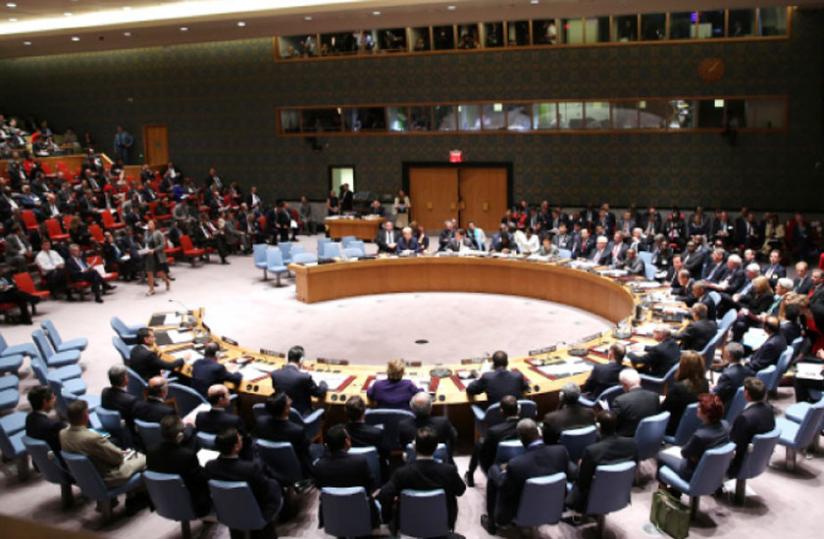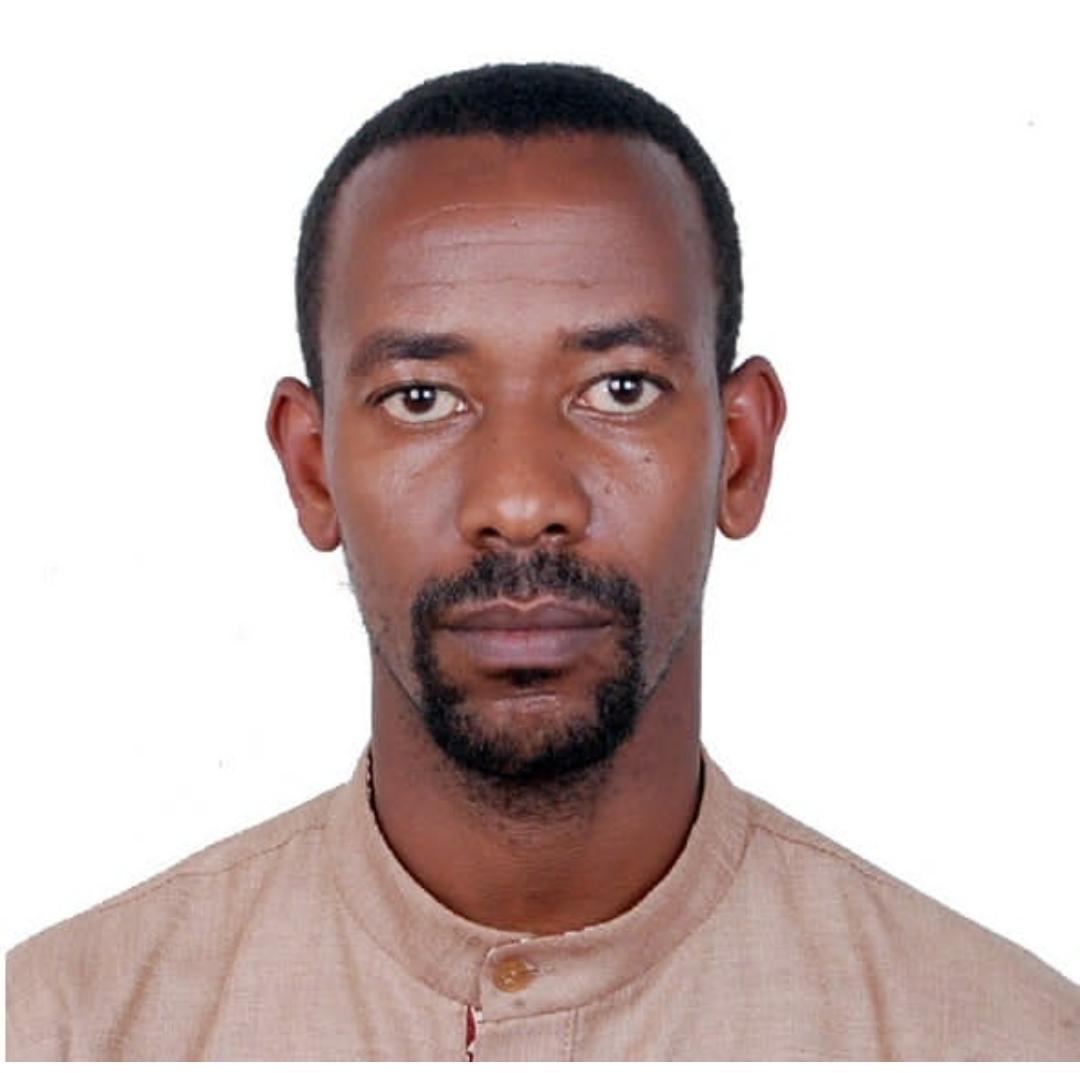President Paul Kagame has called on world leaders to always value national identity in conflict resolution and peace building, which he described as an 'important public good consistently undervalued by the international community.'


President Paul Kagame has called on world leaders to always value national identity in conflict resolution and peace building, which he described as an ‘important public good consistently undervalued by the international community.’ While we work on building peace and well-being in Africa, crises elsewhere in the world have aroused grave concern, Kagame said at the annual meeting of the United Nations General Assembly on Wednesday. "Efforts to address them seem to have little effect, and in some cases may even make things worse.” He outlined what he described as two critically important public goods which have been consistently undervalued by the international system in its approach to conflict resolution and peace building: "These are physical security and national identity. When security breaks down, the human costs are enormous. Extremists and opportunists are empowered. Citizens lose faith in public institutions, as grievances are settled in the street. As a result, sustainable gains in good governance cannot be made,” he said.
According to the President, there are no shortcuts to building better politics. Kagame’s remarks was a reminder of what has led to Rwanda’s continued progress: the choice of the Rwandan people. "We are dealing with real people who want change, but with continuity and safety. They must be fully included in the process of consensus-building. This is because structures of governance that are not developed from within will not take root. We should encourage full ownership and partnership, and the approach of international institutions and member states should take these realities into account,” Kagame told the UN. In countries that have only known peace, he noted, such arguments may sound self-serving, but they are not, because lives are at stake.
He cited the second element neglected by the international community as national identity.
"To manage the diversity in our societies, politics must be national in scope. Whatever differences we may have, our common citizenship is a bond that unites us,” the Head of State said. He said negative experiences of nationalism have created doubt about affirming patriotism and national identity, noting that today national identities are too weak which breeds divisions based on ethnicity, region, and religion- which have become the dominant currency of politics leading nations to be torn apart. "International systems should encourage efforts by governments and civil society to strengthen national unity. In Rwanda, we have focused on building accountable governance institutions, and renewing our dignity as a nation. As a result, Rwandans today are among the most optimistic and civic-minded people in the world.”
President Kagame emphasized the role that stability continues to play in Rwanda: "For us, stability is not an abstraction, it is a reality that abides in the minds and hearts of the people, and the institutions they build to sustain it. Once achieved, the horizon expands from poverty reduction, to wealth creation, and the attainment of ever higher measures of human development,” he said.
He pointed out the role of the international community is not to manage conflicts, but to help prevent and end those conflicts. While opening the session’s general debate, United Nations Secretary-General Ban Ki-moon told leaders that the world’s fasten seat belt light is illuminated, with turbulence testing the multilateral system, national institutions and people's lives.
Earlier, while speaking at United Nations Security Council summit on foreign terrorist fighters, President Kagame called for global efforts in combating terrorism and hinted that terrorism was caused by bad governance. "Terrorism is not caused by religion or ethnicity or even poverty, but by misguided politics and false beliefs. In order to build resilience to extremist narratives, people, especially the young ones, must feel they have a stake in their country,” said Kagame.
The Council unanimously adopted a resolution that calls on member states of the United Nations to cooperate in efforts to address the threat posed by foreign terrorist fighters.


